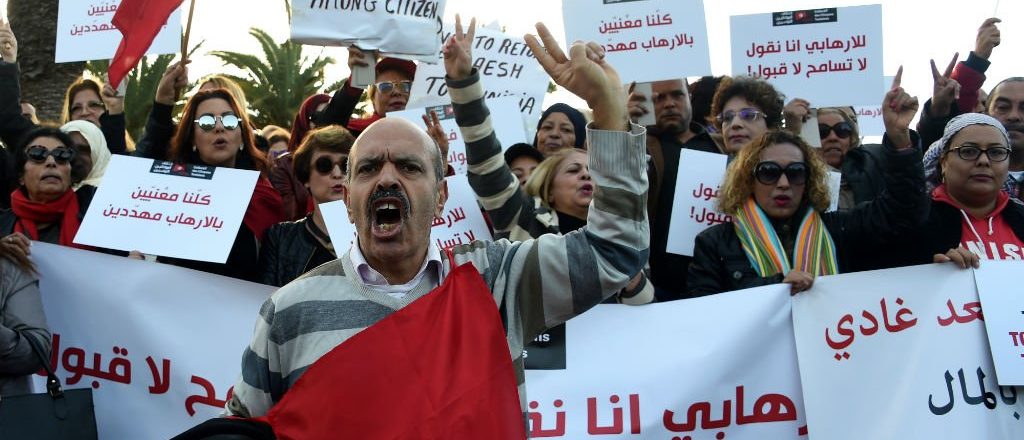
Abstract
In 2011, the Tunisian revolution raised the hopes of both the Arab world and the Western democracies. The Egyptian revolution and then the Syrian and Libyan uprisings seemed to announce a new era. Unfortunately, the Western intervention in Libya and the Syrian civil war have contributed to transform the Arab-Muslim geopolitical space into an area of extreme violence. Tunisia has not escaped this phenomenon. While demonstrating the example of a democracy under construction, this country saw mobilisation of an exceptionally high number of voluntary combatants for “jihad lands”. Yet, as argues the author in this article, the global geopolitical situation does not explain everything; specific historical, social and political features of this country must be examined.
This Policy Brief was written in the framework of the EuroMeSCo Working Package “Transformation in Tunisia: The First Five Years”, led by the Finnish Institute of International Affairs.



